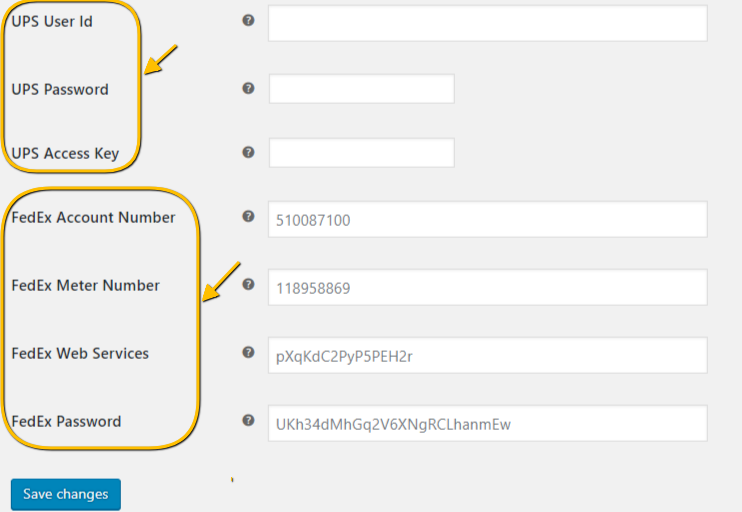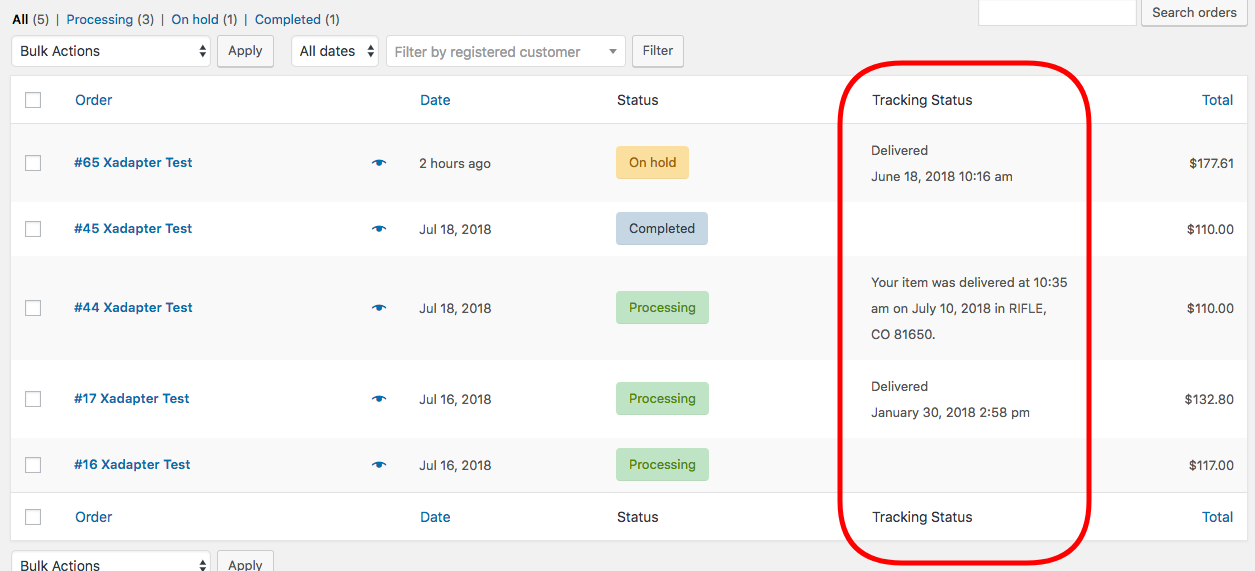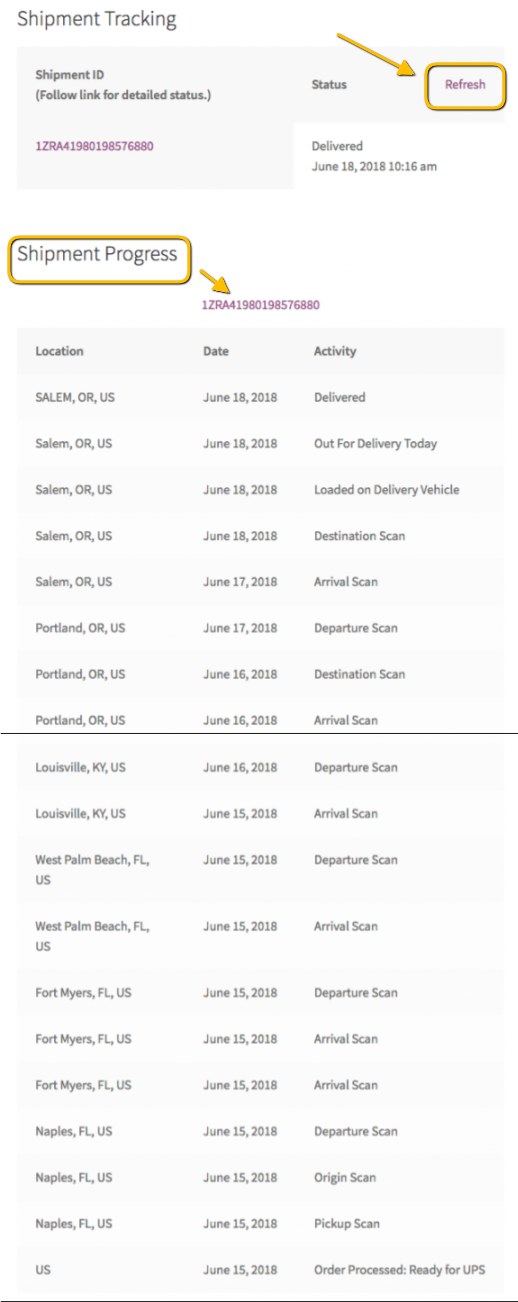Shipment tracking plays a vital role in e-commerce and in making your online store robust. Not only it helps customers keep an eye on their orders but also helps you to check whether the products are delivered timely or not.
For WooCommerce users, there are two ways they can keep track of their orders. One, you can use advanced shipping plugins for shipping carriers like WooCommerce UPS, WooCommerce FedEx, WooCommerce Canada Post, etc., And second, you can use a dedicated tracking solution for your store which tracks your orders for almost any shipping carrier.
This article is about how you can get live shipment tracking updates for your UPS and FedEx shipments with the help of the WooCommerce Shipment Tracking Pro plugin. It’s an advanced order-tracking plugin that provides live tracking from almost all shipping carriers. Read more.
What is the WooCommerce Shipment Tracking Pro plugin?
WooCommerce Shipment Tracking Pro is among the top WooCommerce order-tracking plugins you can get online. The plugin features advanced order tracking functionality along with some of the unique order tracking features that will make order tracking easier for you and your customers.
It can help you track your packages shipped via almost any shipping carrier that supports shipment tracking functionality. Apart from that, the plugin automates the whole process by automatically updating the tracking details of your orders, marking the orders as complete, and even sending the tracking details to your customers via the Order Completion emails.
How does it provide live tracking for carriers like UPS and FedEx?
The plugin provides advanced tracking options to both the customers as well as the store owners when it comes to real-time tracking. We will discuss both cases separately in the sections below.
Tracking update for store owners on the Orders Page
Before the plugin can get you the live UPS and FedEx tracking details of your orders, you need to set up your respective UPS and FedEx Accounts in the plugin settings. Have a look at the image below.

The image shows the options to add account details for UPS and FedEx. Once you enter these details, you will then get the tracking details in real time on the orders page. Take a look at the image below.

The image displays the updated tracking status for different orders on the WooCommerce Orders page.
Tracking updates for customers under the My Accounts page
When it comes to providing live tracking details to customers, the plugin has both automatic and manual refreshes to provide live tracking details for the customers. Take a look at the image below.

The image shows the option to enable automatic refresh in case of providing live tracking details to the customers. This setting has two options that you can set.
- Enable
If enabled, the plugin will automatically refresh the tracking status if the order. As soon as the customers click on the My Accounts pages and visit Orders, they will be able to see the updated order status automatically.
- Disable
If this option is disabled, the customers have to manually refresh the order tracking status in the My Accounts page. Until the customers refresh the tracking status, they will only see the last updated status for their orders.
Once you have configured this option based on your preferences, the customers will be able to see the live shipment tracking on the My Accounts page by clicking on Orders. The image below displays the My Accounts page of a customer with live tracking details from FedEx.

Similarly, the customer can manually refresh and check whether the tracking status has changed, by clicking on the Refresh button.
Final Thoughts…
WooCommerce Shipment Tracking Pro is a unique shipping plugin that handles shipment tracking for almost every major shipping carrier out there. Moreover, other than the predefined 85+ shipping carriers, if you are using any other shipping carrier that supports tracking, you can manually enter it in the plugin settings.
The fact that it provides live tracking updates to store owners, as well as their customers, makes this plugin a complete package. You no longer need to track your packages one by one. And then send the tracking details to your customers every time the delivery status changes. Especially when there is a plugin available just for that.



